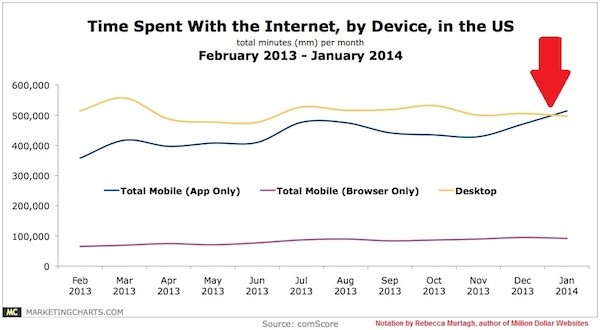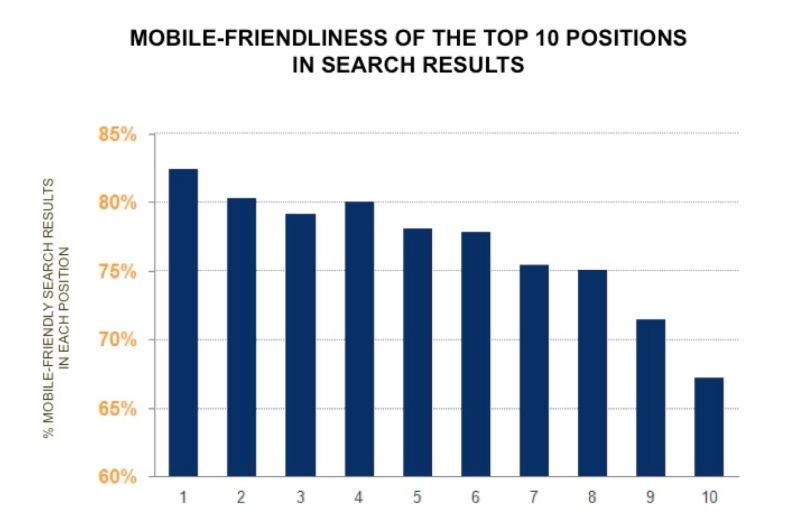User experience (UX) has recently become not only an industry buzzword, but a true sign of how well your website or app serves the goals of your visitors and users (while, in turn, also fulfilling your business goals). With many options to choose from, users end up picking companies that really understand what users want and create web experiences that don’t only provide the right message at the right time and in the right format, but also delight users while doing so. And believe it or not, this is directly linked to the success of your Search Engine Optimization (SEO) efforts as well.
What is User Experience?
In my opinion, the best definition of User Experience comes from one of the pioneers of research, Jakob Nielsen: “User experience encompasses all aspects of the end-user’s interaction with the company, its services, and its products”.
It is a never-ending process to make your service / product better. In the case of websites, this entails (in very broad strokes) user research, planning and design and, finally, continuous testing to enable an infinite loop of evolution as ever-changing user needs dictate. Now that we understand what User Experience/Design entails, let’s look at how and why it affects your rankings.
How User Experience Affects SEO
Since Google is so ubiquitous in our lives, we tend to forget that they are a business too. Their service is to provide the most relevant search result to your query (and this doesn’t stop at what links they serve in the SERPs, it actually goes way beyond that).
When Google analyzes and decides on ranking websites for a particular search, it looks at many factors including “Page-level keyword and content-based factors”. So it’s not enough to build a ton of links to your site and ensure that the right keyword is in the right place, it’s also important to provide engaging and interesting copy, informative descriptions and make it emotionally captivating by using images, videos, podcasts and other sources of information.
After a user clicks a link and is taken to a website, Google considers how long they stay on the site, how many pages they visit, or if they simply arrive to the website and leave in 10 seconds. The latter is a clear sign of bad user experience since maybe your page provided too little information, didn’t provide the right information or maybe wasn’t a mobile-friendly site and was difficult to read. Providing a positive user experience therefore enhances your chance to keep the user on your site longer and help them navigate easily which in turn tells Google to keep sending traffic your way. Everybody wins.
Also, a few major algorithm updates (like Panda and the latest “Mobilegeddon”, for lack of a proper name) have all been indicative of Google’s intent of making the web a better, more user-friendly place.
The Panda update focused (and focuses since it is updated from time to time) on providing quality content on your website. Gone are the days of writing for search engines and ignoring actual human users with the hopes of ranking your website for certain keywords. That approach resulted in web pages full of copy in one large batch, stuffed to the brim with keywords the page should rank for making them impossible to enjoy reading. Today, search engines have evolved to read your website as a human and prefer a natural flow to your content including images or other rich media and a solid structure for scannability. Simply put, creating a more enjoyable content results in winning the search engines as well.
“Mobilegeddon” was responsible for giving the final deathblow to websites that weren’t mobile-friendly. We now search more on mobile than on desktop devices:
And, mobile-friendly websites are ranking higher than their desktop-only counterparts:
It’s clear that Google appreciates mobile-friendly websites and ranks them higher than non-responsive sites. Since we mostly browse from our phones now (and use voice search and location-based keywords like “bakery near me”) it is crucial to provide a good user experience on phones and tablets. Solutions for this can range from using responsive design to building a mobile-specific version of your website (responsive design is better from an SEO perspective since it mirrors the same content as your desktop site and you don’t have to update content in two different locations).
Search engines and users alike prefer to find the most relevant answer to their questions in the format that they need it. If you are able to provide a good user experience on your website and help visitors solve problems with ease you are also doomed to be successful in search engines – but that’s a burden we can all live with!
If you have any questions about UX and SEO feel free to get in touch with us.





